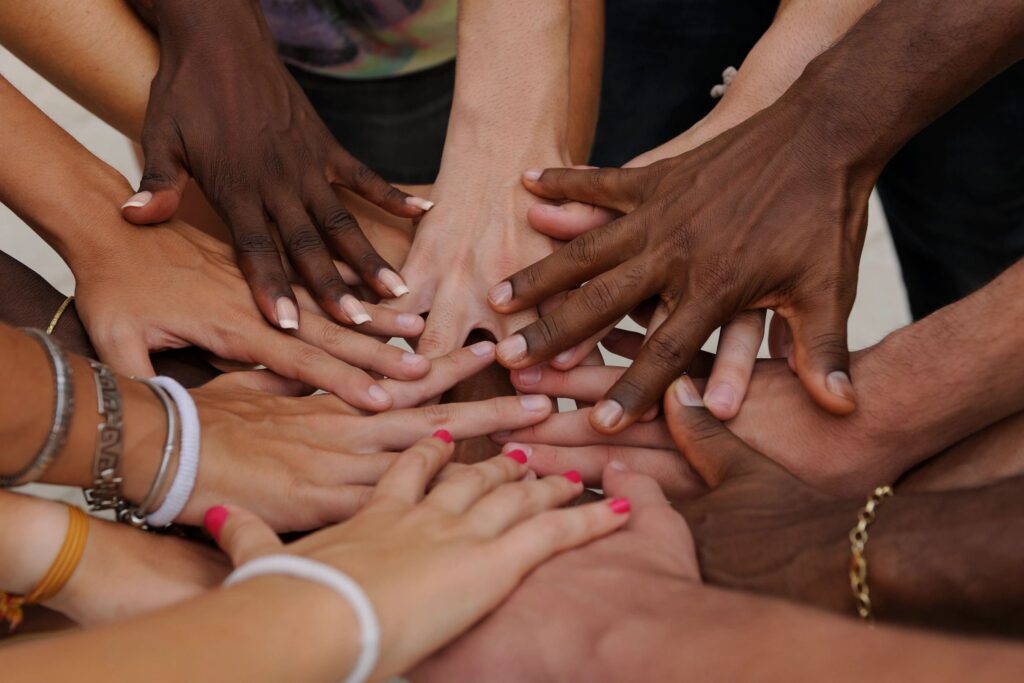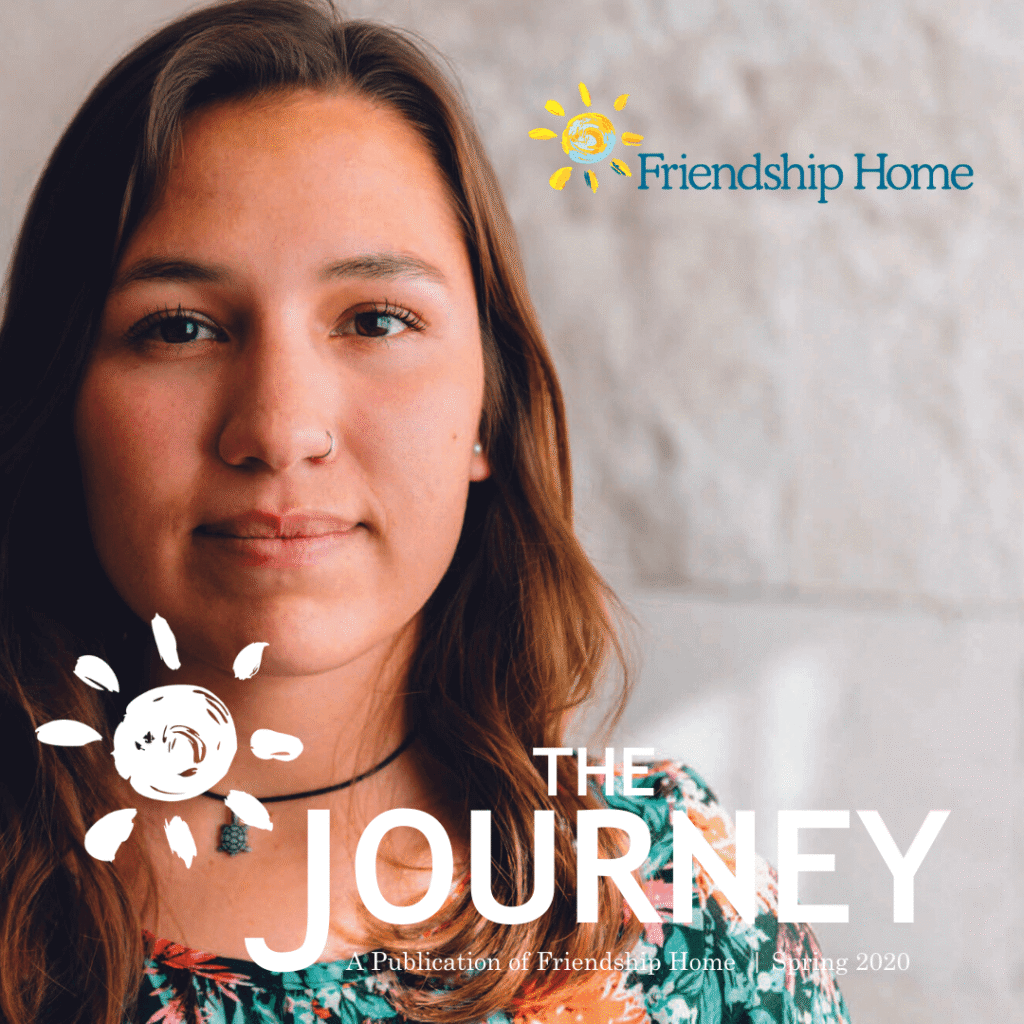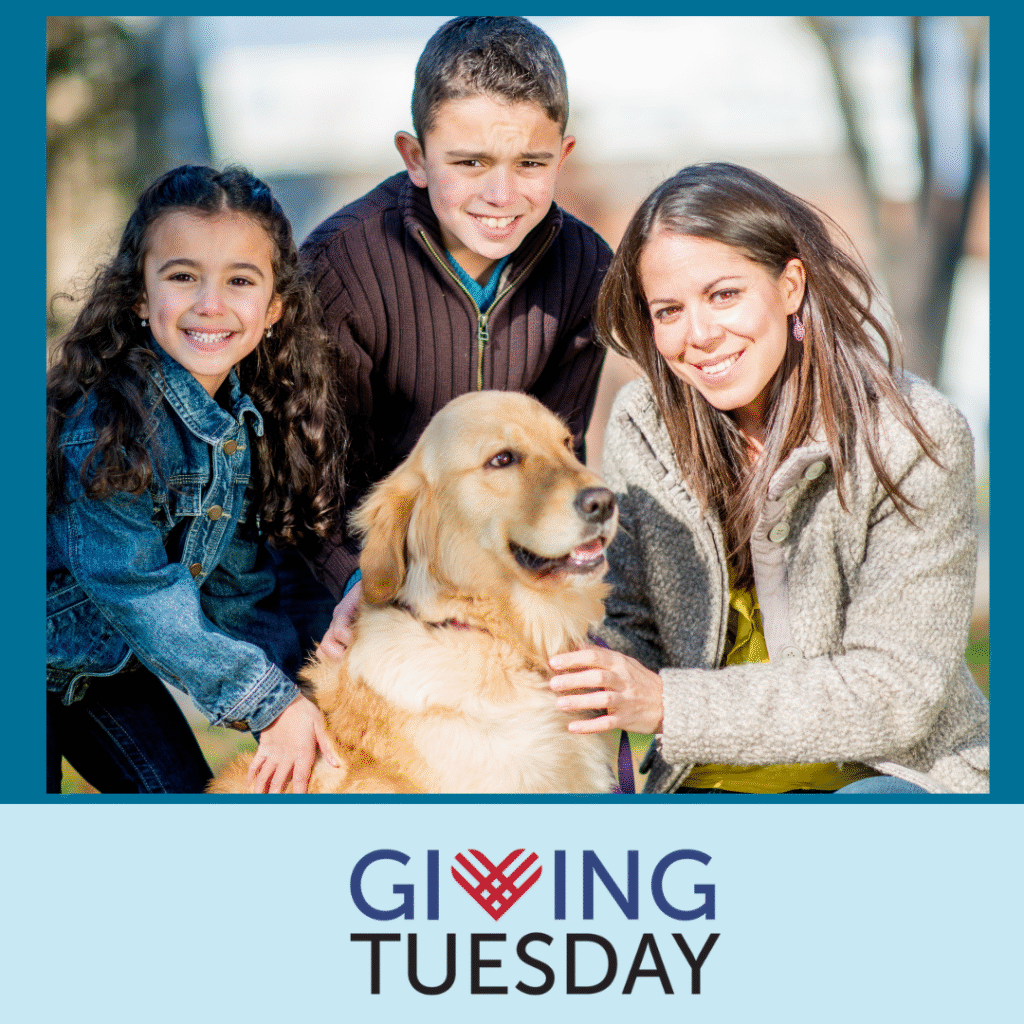About
Friendship Home’s mission is to support, shelter, and advocate for domestic violence survivors and their children.
Founded in 1978, Friendship Home has been in existence for over 45 years, with its first permanent home in the summer of 1985. To meet the needs of domestic violence survivors and their children, Friendship Home’s current facilities have expanded shelter options, including Emergency Shelter, Transitional Housing, and Rapid Rehousing.
In fact, your support has touched thousands of survivors, helping the survivors and their children rebuild their lives free from abuse. While we dream of a day when our services are no longer needed, we count it a privilege to still be here providing safe futures for adults and children. These statistics from the past year, show how you have helped us make a great impact.

Financials
Mission
- Provide a continuum of safe, confidential shelter options—from emergency shelter through transitional shelter.
- Provide a rich array of crisis intervention services, case management and emotional support to those we shelter as well as those who are waiting for shelter; helping them to rebuild their lives, free from fear.
- Address the many complexities and barriers associated with domestic violence, sexual violence, dating violence and stalking on an individual level as well as a community systems level.
- Continue to reach out to survivors through individual advocacy, emergency case management and support groups after they leave shelter, offering an environment where survivors feel welcome and are encouraged to share their stories and their wisdom with others.
Vision
It is Friendship Home’s vision that someday the need for our services will cease to exist, that domestic violence will not be tolerated by anyone in the community, and that all homes will be places of love, support and safety.
We envision a community that embraces any survivor or child who experiences domestic violence. As neighbors and friends, we join together in our commitment to them by taking bold action to affect change. We foresee a society that courageously holds batterers accountable for the crimes they commit, and allows survivors of domestic violence to stay in their own homes and re-build their lives free from fear.
Please note: Friendship Home provides services to survivors of domestic violence, sexual violence, dating violence and stalking. For the sake of simplicity, the term “domestic violence” is used to describe all four forms of violence and the term “batterer” refers to perpetrators of all four forms of violence.
Values
We hold onto values that support our mission. Through listening, empowerment, accountability, respecting relationships, commitment to safety with confidentiality, and collaboration with other community resources, we work to empower freedom from domestic violence.
Listening
We value the hopes, dreams, fears and concerns of the survivors we serve. That means that our role is to listen…really listen as they explore their newly found freedom and discover the next steps on their journeys.
Empowerment
We support the journeys of survivors and their children. We value an environment that enables them to understand their strengths and to discover the power within. To do this we must creatively adapt our approach, programs and services to meet each individual’s unique needs.
Accountability
We believe that we are not powerless against violence and that breaking the cycle is possible. To do this, we as a community must hold batterers accountable for the crimes they commit against their victims.
Relationships
We support the personal connections and meaningful relationships between survivors and the people who care about them. We value the unique relationship between parent and child and embrace families in shelter with loving support.
Safety & Confidentiality
We believe that no survivors or child should live in fear of domestic violence. We respect survivors’ right to privacy and we strive to make it possible for them to pursue their aspirations without intimidation, violence, or control.
Collaboration
We value the joint efforts of a community that pools resources, talents, and ideas to help survivors of domestic violence and to change the cultural attitudes that have created it.
History of Friendship Home
The Daughters of Charity (a Roman Catholic Sisterhood) and Catholic Social Services founded Friendship Home in 1978 as a short-term shelter for women. The primary purpose of this shelter (located in a rented home) was to provide women and their children a place to stay when they came to Lincoln to visit loved ones in prison or in the hospital. The nuns staffing the shelter quickly found most of their clients were victims of intimate partner violence. By 1980, Friendship Home had moved to larger quarters and narrowed its mission to serve only this clientele. In 1984, Friendship Home reincorporated as a 501(c)3 private nonprofit organization.
Friendship Home’s first Board of Directors embarked on a $200,000 capital campaign to purchase a permanent emergency and long-term shelter facility. Thanks to funding from a number of sources – including the Peter Kiewit Foundation, the Lincoln Community Foundation, and First-Plymouth Congregational Church – Friendship Home purchased and moved into its first permanent home in the summer of 1985.
Current Facilities
In the early 1990s, Friendship Home expanded its shelter safety net to include transitional shelter through an innovative collaboration with the Lincoln Housing Authority. This project, which began with a duplex and a small annual operating grant from the Lincoln Housing Authority, now includes a second duplex unit, two apartments, and a house.
Launched in 1997, a $1.9 million capital campaign allowed the agency to purchase its second emergency shelter facility and undertake critical life and fire safety enhancements at the original shelter. This campaign also provided three years of operational funding for expanded emergency shelter.
In January 2015, Friendship Home piloted another innovative approach to shelter; a more individualized, more trauma-informed option for sheltering survivors of domestic violence. Friendship Home opened six emergency ‘Single Family Shelters’, leased apartments in the community where families have the privacy and space they need to begin to heal and take the first steps out of crisis.
In conjunction with this project, our first and much-loved communal shelter was given new life as a ‘Service Center’, where advocates can take important crisis calls. This restored space is also available to victims for a variety of services. At the Service Center, survivors who have not yet come into shelter can safely meet with advocates, meet with our mental health counselor, get a food basket, take a shower, and get a bite to eat or simply just relax.
Our second, and now only, communal shelter underwent a major renovation in 2016 as part of a $100,000 grant. Floors were torn out, offices redone, roofs repaired and we even had a large garage built. The goal was to use these renovations to help repair lives, creating a more accommodating and functional environment.
At the end of 2016, Friendship Home received the recommendation of full funding from the Nebraska Crime Commission, allowing us to add six more Single Family Shelters due to their success, cost-effectiveness and the positive response from clients.
Related Blog
At Friendship Home, our work is rooted in compassion, resilience, and human connection, and that begins with our team. Recently,
For more than two decades, Willy has been a steadfast and beloved presence at Friendship Home. As our longtime Facilities
At Friendship Home, we have always been committed to providing safety, hope, and healing to survivors of domestic violence. Over


